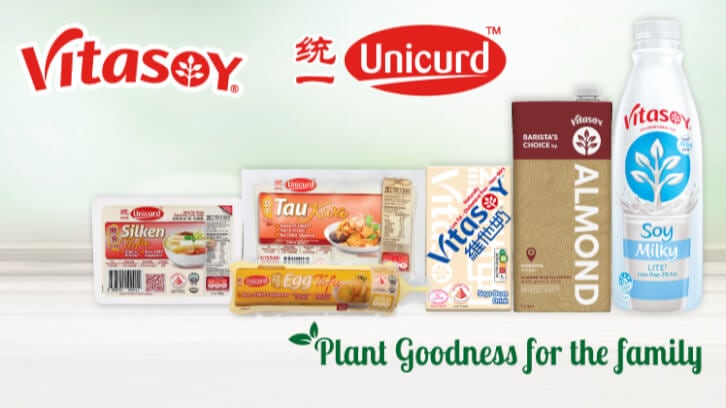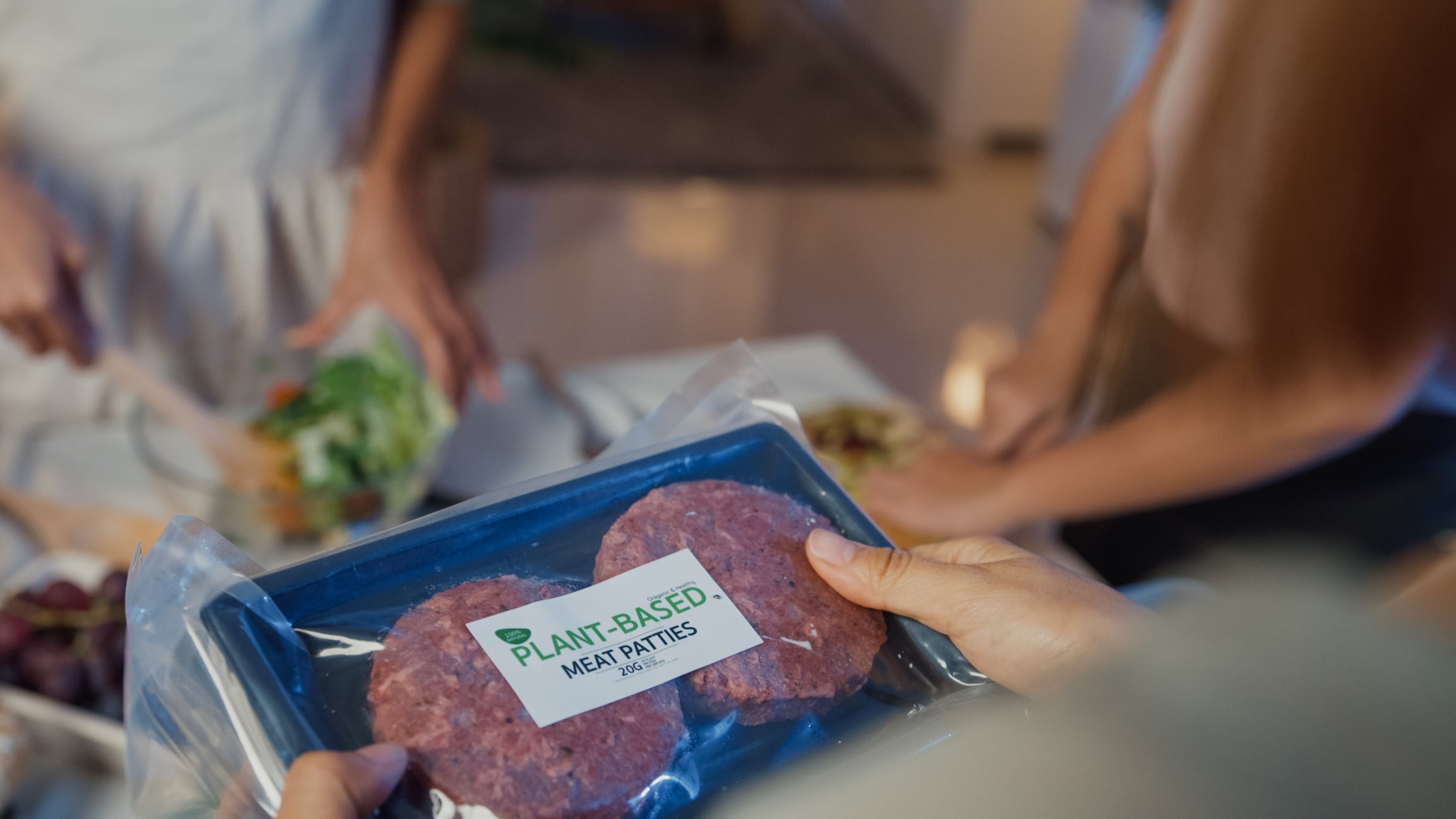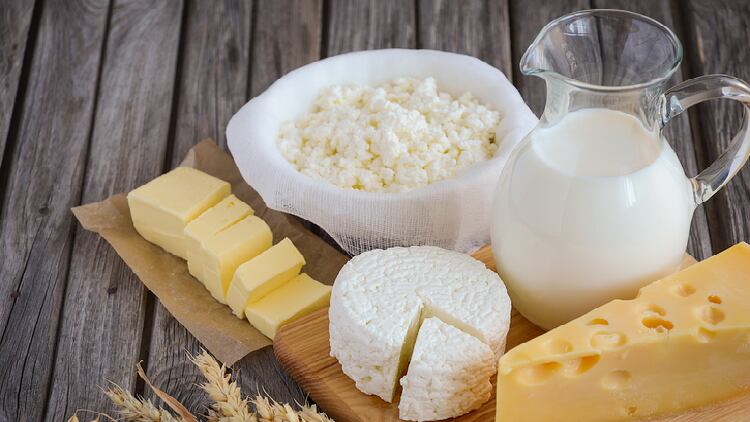Vitasoy recently announced its H2FY2023 financial results ending September 2023, reporting an overall -7% decrease year-on-year in revenue to HK$3.4bn (US$435.9mn) and -1% decrease in gross profits year-on-year to HK$1.7bn(US$217.9mn).
After factoring in the factors of currency exchange rates and COVID-19 related government subsidies, gross profits rose to a growth of 3% year-on-year, but revenue remained negative at -3%.
Some notable facts included that the announced profits to shareholders after considering these factors came in at a net rise of 99% or HK$163mn (US$20.9mn); and that the gross profits made up about 50.5% of overall revenue.
Vitasoy Group CFO Ian Ng maintained that one of the reasons for the positive performance was a reduction in capital expenditure.
“This reduction was mainly due to CAPEX normalisation after a production line upgrade in the previous year,” he told investors when announcing the results in a recent meeting.
“This brought CAPEX down from HK$77mn (US$9.9mn) in H1FY2022/2023 to HK$35mn (US$4.5mn) in H1FY2023/2024.”
In addition, positive performances were seen from Vitasoy’s various businesses in Asia, most prominently in China where it saw a 44% growth in profits based on local currency. This was attributed to marketing efforts over the past six months for its Vitasoy Soy Milk and Vita Tea, as well as the launch of a new Vita No Sugar Tea product.
“China has been our main profit driver [for this business period with] a 10% operating profit margin,” Vitasoy Group CEO Roberto Guidetti added.
“In this market, we aim to increase focus on our core products [such as] the Vitasoy soy milk and Vita tea ranges, as well as on core geographies, whilst also reducing costs.
“Profitability was good but [revenue in this market was still in the red this half as] sales were affected by a high base in Q2 last year amid price increases in Q3 – yet the core products performed solidly, and we will now focus on accelerating target structural profitability faster.”
In addition to China, the firm’s other major markets such as Hong Kong, Singapore and the Philippines saw positive growth, with Singapore emerging as its main stronghold for tofu products.
“In Singapore, we have continued to optimise the local tofu business under the Unicurd brand for profitability [and moving forward will] implement a cost reduction programme to support more competitive and new tofu models whilst continuing to scale up beverages here,” he said.
“In the Philippines, we are scaling up now and seeing encouraging growth in both the single-serve and multi-serve segments, with new products such as Milky Almond and Milky Oat driving additional growth.
“Overall, in South East Asia we aim to sustain topline growth whilst also improving the bottom line.”
Overcoming Oceania challenges
Vitasoy’s main challenge this past six months has been with its Oceania operations, which is also its main market for more novel plant-based milks as well as its barista-targeted range.
“The Australia and New Zealand business saw a decline in revenue of 10% in local currency and 16% in HK$ terms – this was mainly affected by temporary manufacturing and logistic issues,” Guidetti said.
“Operating profits [also were hit with the business incurring an operating loss of HK$33mn (US$4.2mn) during this period], affected by high raw material prices, logistic, overhead costs, transition cost and price competitiveness in coffee channel.
“That said, our soy and oat milk products are continuing to sustain leadership in this market and the yoghurt platform continues to grow, [so our aim here moving forward] will be to to normalise the supply chain and accelerate target cost structures.
“Overall, we [are] confident in the long-term trajectory and growth potential of sustainable plant-based products, as well as [our] ability to expand the core products and strategically accelerate growth, [but] will be advancing profits versus revenue growth in short term.”




